Although traditional glass windows provide excellent insulation, a range of alternative materials is becoming increasingly popular for window construction. These materials offer their own unique characteristics such as reduced maintenance and better overall flexibility, making them an attractive choice for energy-efficient or specialized applications.
Whether you need superior sound reduction, superior thermal insulation, or just durability, there’s an alternative window material that can meet your needs, and choosing the right glass for your home windows is about more than the upfront cost. It also is about long-term savings. We are looking at the different options and what they have to offer.
Types of Window Glass
Float Glass
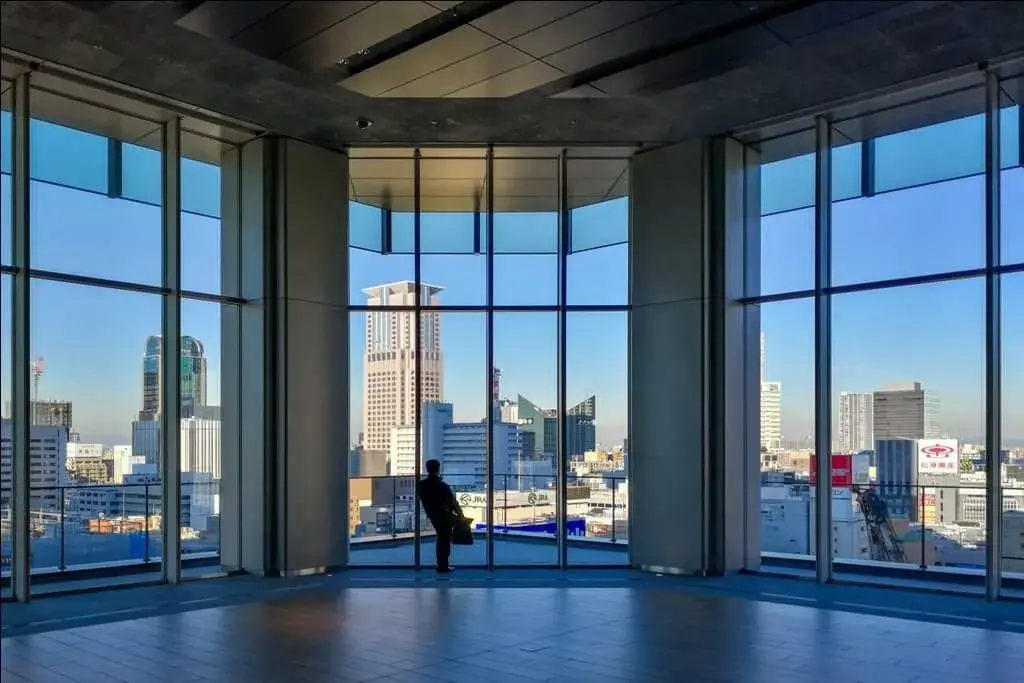
Float glass is a large flat glass panel that is floated on the molten tin to create a smooth thin glass panel. Float glass is basic glass before it gets cut or treated in any way.
It is created by floating molten glass on a bed of liquid tin, which produces high optical quality glass which is far superior to sheet glass produced from the rolling process. Float glass offers extreme clarity and uniform thickness that is consistent throughout the entire sheet, making it some of the finest quality glass available.
Safety Laminated Glass
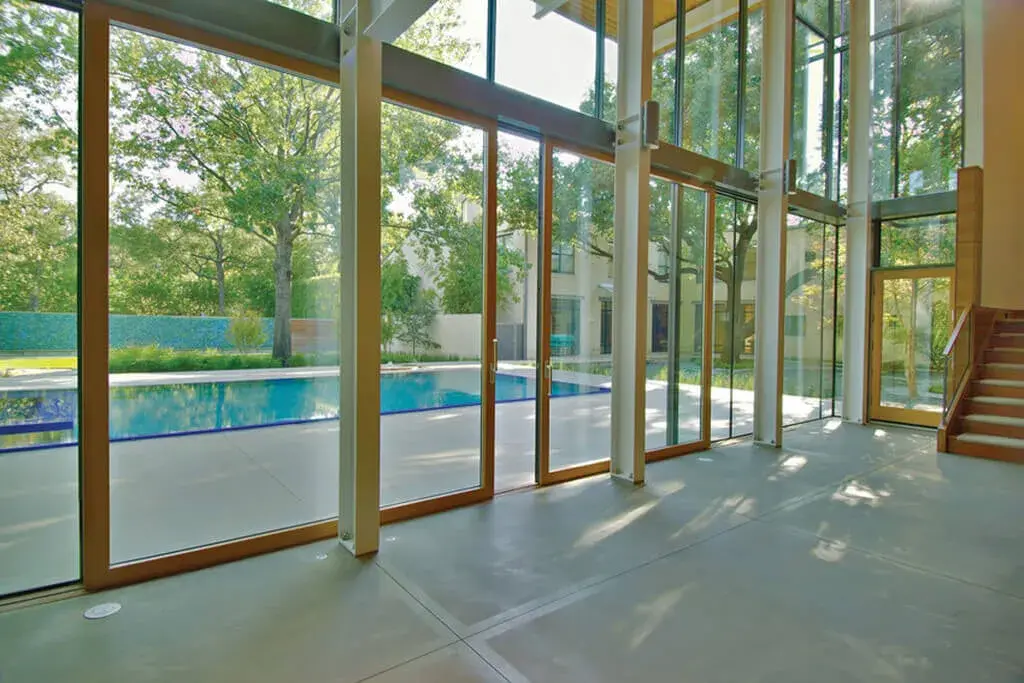
Safety laminated glass is two glass panes with a layer of polyvinyl butyral sandwiched between them using pressure fusion and high heat. When safety laminated glass gets broken, the glass pieces remain in place.
Safety laminated glass gets used in homes for windows, doors, shelving, and bathroom doors.
Obscured Glass
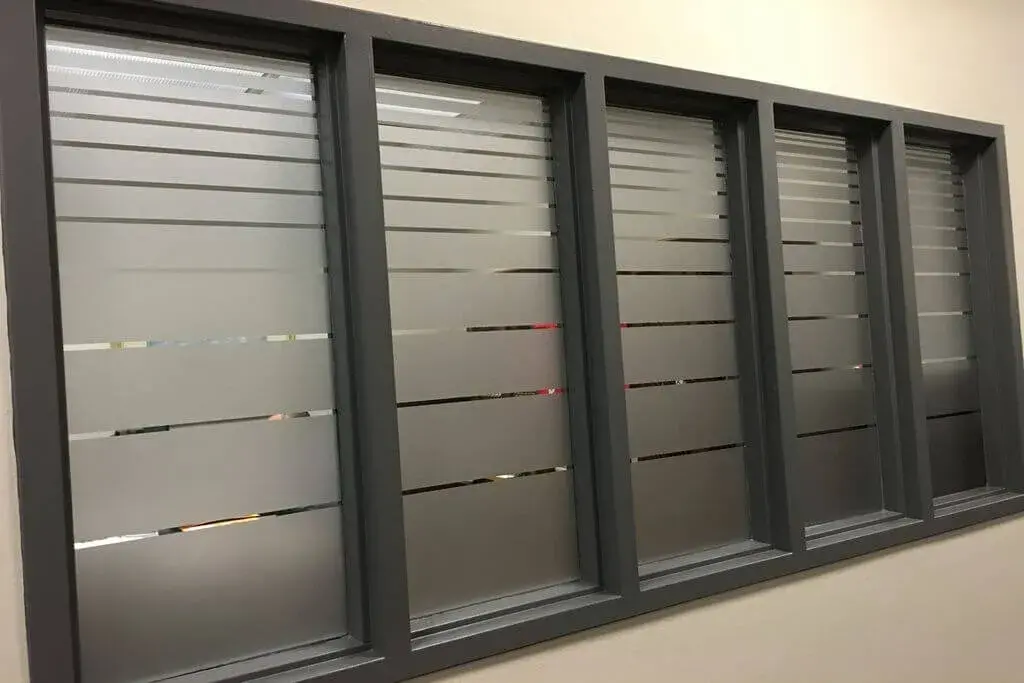
The obscured glass allows light to pass through but is not completely transparent, for example, frosted glass.
Obscured glass is common in bathrooms where homeowners want natural light in the room and privacy.
Annealed Glass
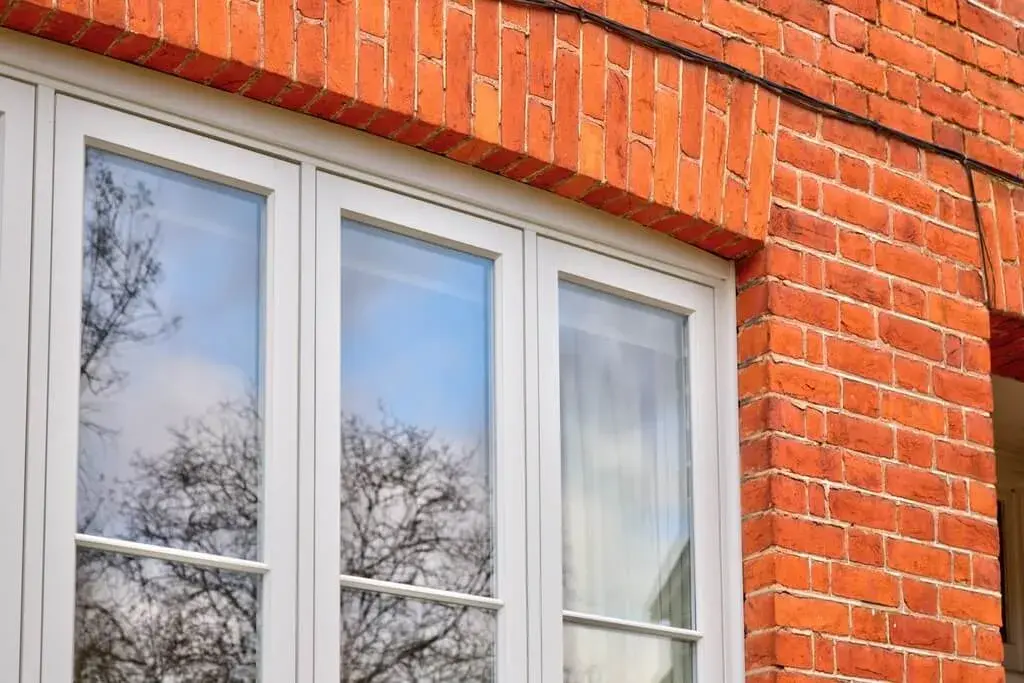
Annealed glass is float glass that is cooled over a period to strengthen the glass.
Annealed glass is popular for basement window panes.
Tinted Glass
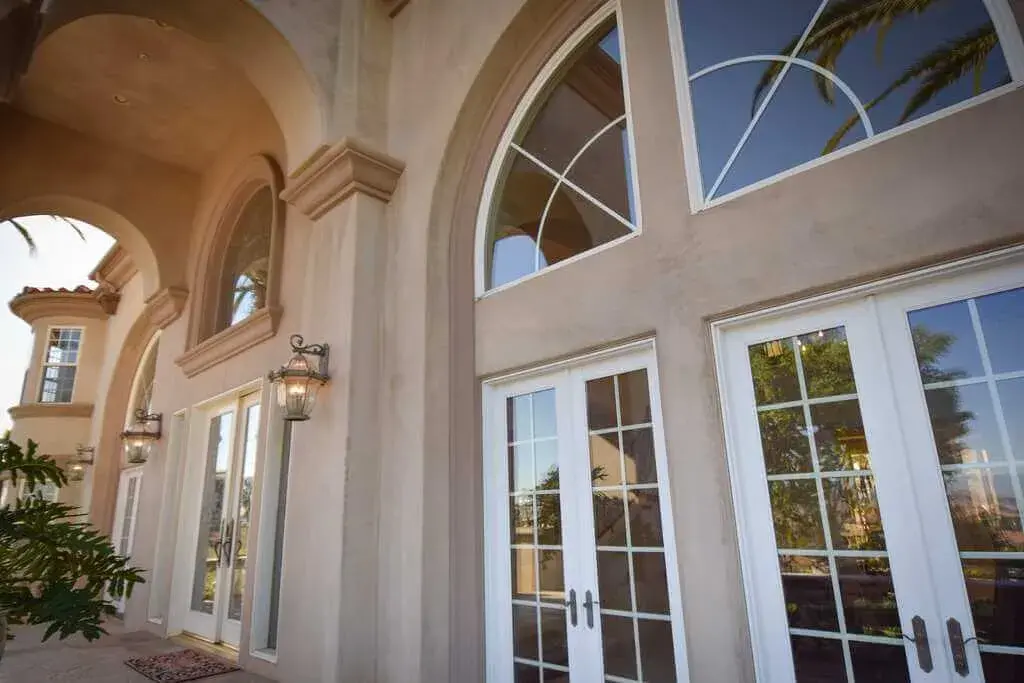
Tinted glass is glass that has a coloring substance added to it. Some tinted glass also incorporates a UV protective coating.
Tinted glass is not used frequently in home construction.
Tempered glass

Tempered glass is glass that has been heated and rapidly cooled. Tempered glass is around four times as strong as basic glass.
Tempered glass is often used in bathrooms and for large glass doors.
Insulated Glass
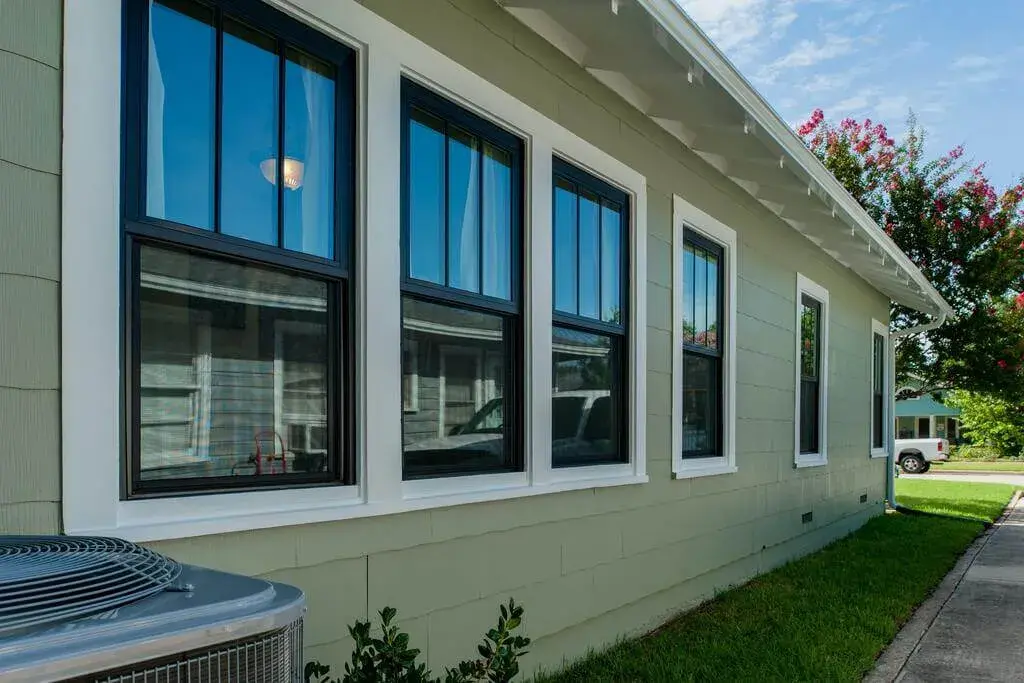
Insulated glass usually has two or three glass panes with argon gas sandwiched between them. Tempered security or laminated glass often makes up insulated glass panels. Argon gas between the glass panes does not conduct heat well, and keeps the window insulated.
Insulated glass is used most often in home window construction.
Mirrored Glass
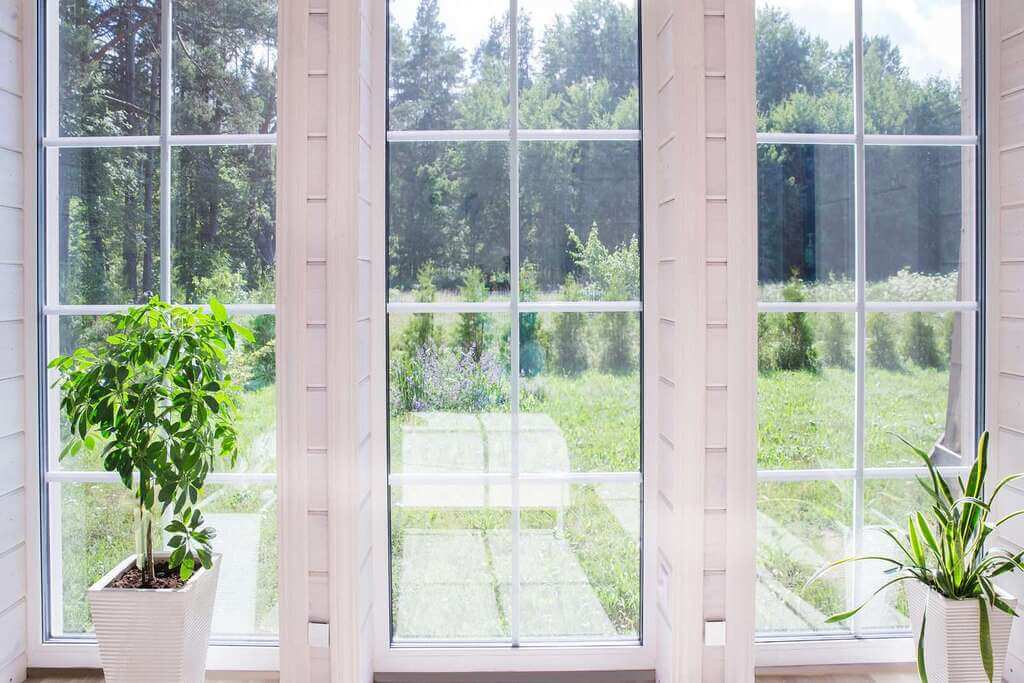
Mirrored glass is a glass pane with a polished metal coating covered by a protective sealant on one side.
Mirrored glass is used rarely for home windows, but it is common when building larger structures like office buildings.
Low-E Glass
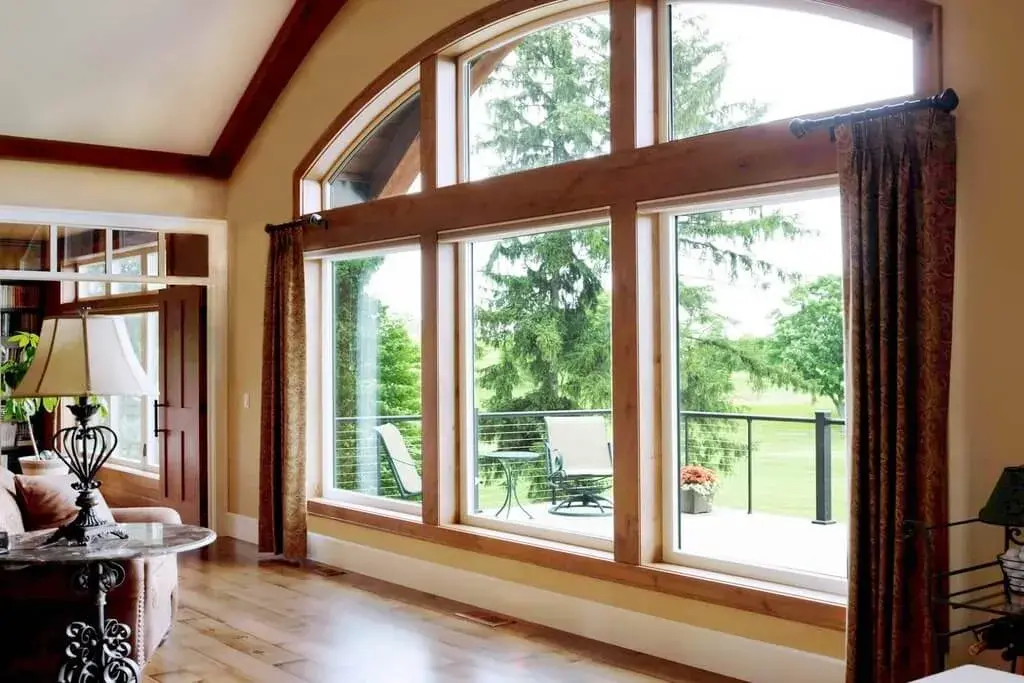
Low-E stands for low emissivity. Low-emissivity glass has a special coating that reflects thermal radiation but allows sunlight to pass through. Low-E glass panes reflect heat away from the house in the summer and reflect indoor heat back inside in winter.
Low-E glass is another type of glass that is used frequently for home windows.
Wired Glass
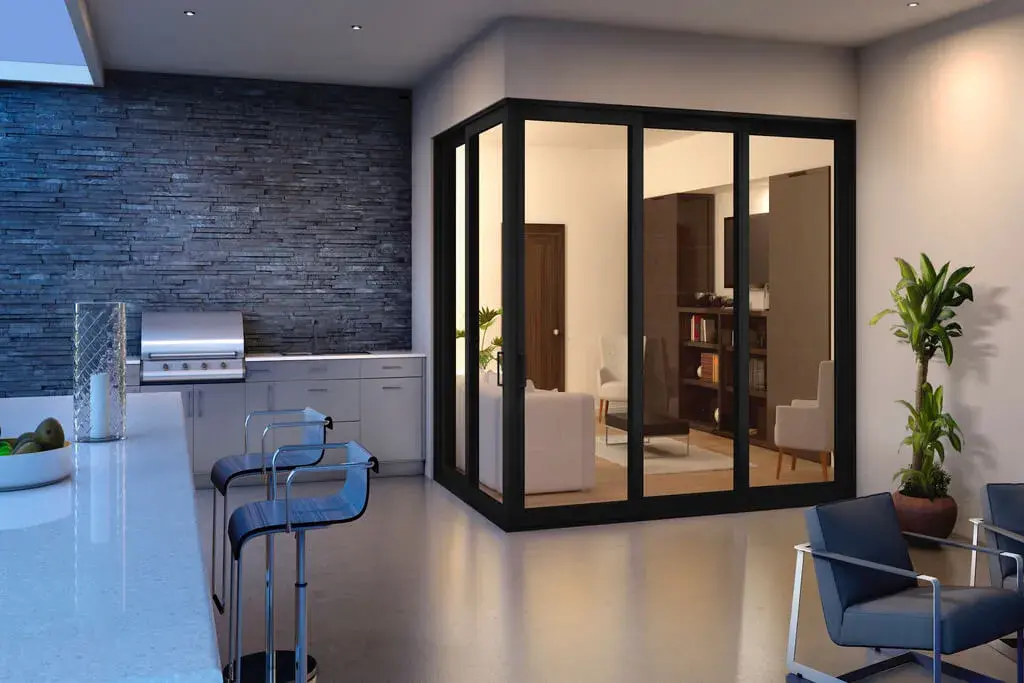
Wired glass has a wire frame built into the glass pane as a fire safety feature. If there is a fire and the glass shatters, the wire grid holds the broken glass in place.
Wired glass windows are built in schools or areas where safety or the possibility of fire is a concern.
Heat Soak Tempered Glass
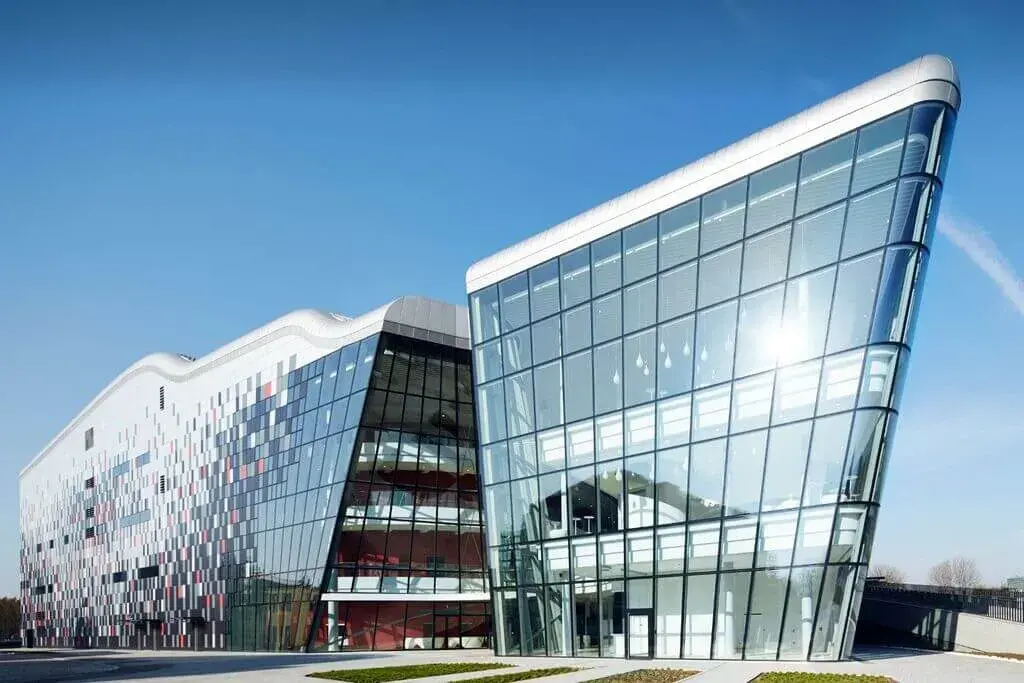
Heat-soak tempered glass gets strengthened by a specialty heating process that takes place over time.
Heat-soak tempered glass is more expensive and not commonly used in basic home windows, but it is common in skylights.
Heat Strengthened Glass
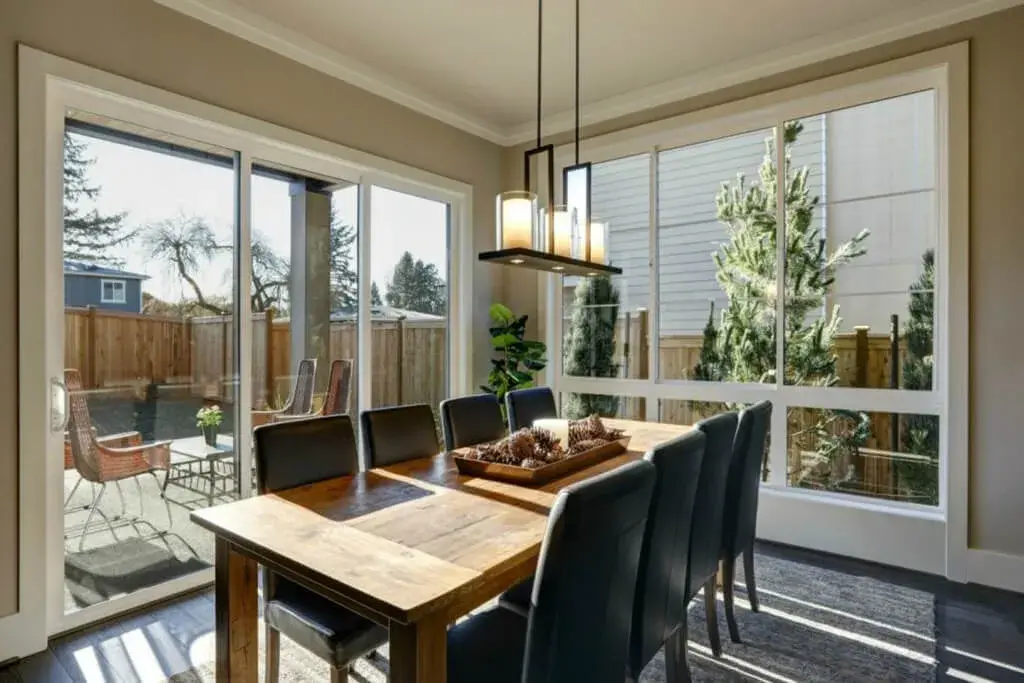
Heat-strengthened glass is annealed glass reheated and rapidly cooled. The reheating and rapid cooling process makes this window glass twice as strong as annealed glass. Heat-strengthened glass is similar to tempered glass but cooled over a long period.
Heat-strengthened glass panes are more durable than basic glass but can still shatter, so it is not commonly used for exterior home windows unless it is laminated.
Conclusion
When deciding on the right material for your window construction project there are several factors you need to consider such as budget, desired aesthetics, insulation needs, maintenance requirements, etc. Popular alternative materials each come with their own pros and cons depending on your individual needs. Be sure to do your research before making any decisions so that you make the best choice for your home!
Discover More

